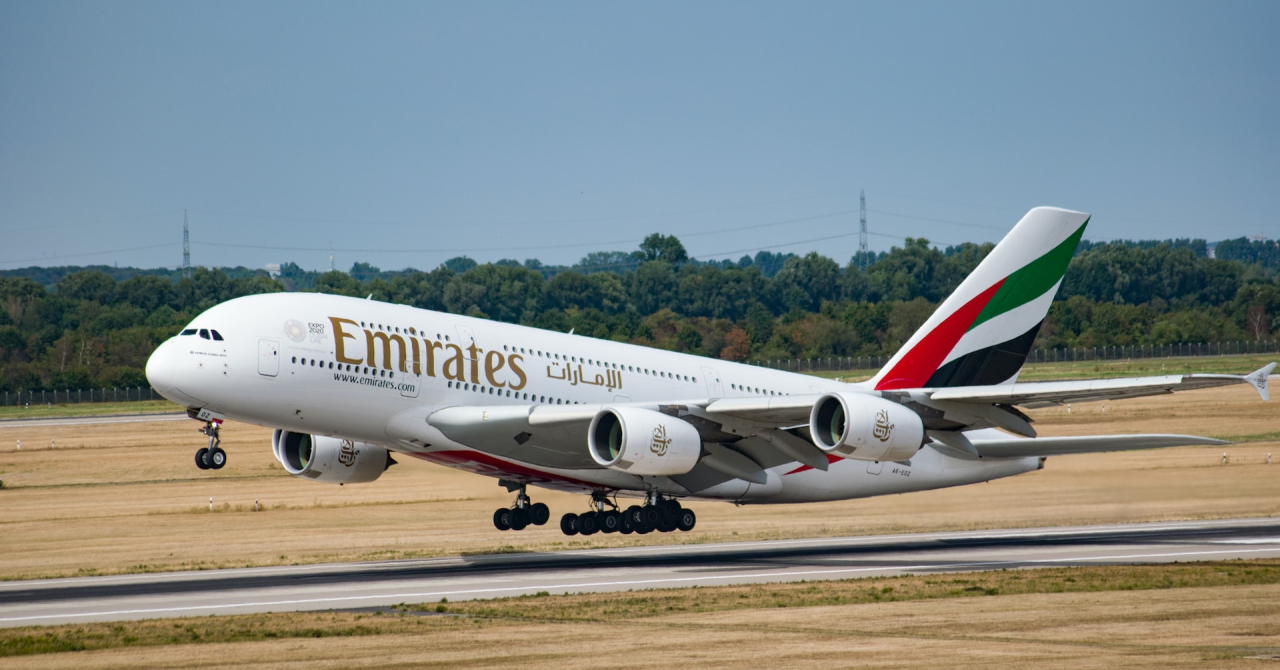Emirates invests 200 mil. USD in sustainable solutions for the aviation sector
Dubai-based Emirates recently announced a 200 million USD fund aimed at supporting research and development projects that want to reduce the emissions of commercial planes.
As per ESG Today, the funding represents the largest sustainability commitment coming from an airline company and the money will be dispersed over the next three years.
As aviation is responsible for 2-3% of the world's total emissions, fossil kerosene is one of the largest contributors to this share, which is why many companies are looking to find alternative fuel solutions and also to improve the efficiency of aircraft.
Hydrogen and electric planes are also developing in the meantime as net-zero air transport solutions, but their development is currently in the early stages.
Emirates Airline President Sir Tim Clark said that "it's clear that with the current pathways available to airlines in terms of emissions reduction, our industry won’t be able to hit net zero targets in the prescribed timeline."
Sustainable fuel and power technologies, such as SAF development and improving aircraft efficiency, are said to be the main focus points of the 200 million funding. Earlier this year, Emirates completed the first flight of a Boeing 777 which had one of its engines powered by SAF.
"We believe our industry needs better solutions, and that’s why we’re looking to partner with leading organizations on R&D. Our aim is to contribute meaningfully to practical solutions for the long-term sustainability of commercial aviation", Clark added.
 Mihai - Cristian Ioniță
Mihai - Cristian Ioniță












Any thoughts?